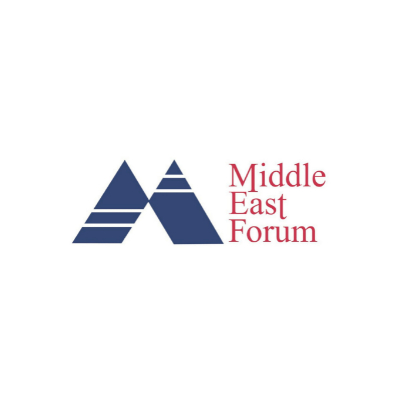 Middle East Forum Article Rating
Middle East Forum Article RatingIs There an Alliance between Iran and China?
- Bias Rating
- Reliability
30% ReliableAverage
- Policy Leaning
64% Medium Right
- Politician Portrayal
2% Positive
Continue For Free
Create your free account to see the in-depth bias analytics and more.
By creating an account, you agree to our Terms and Privacy Policy, and subscribe to email updates.
Log In
Log in to your account to see the in-depth bias analytics and more.
Bias Score Analysis
The A.I. bias rating includes policy and politician portrayal leanings based on the author’s tone found in the article using machine learning. Bias scores are on a scale of -100% to 100% with higher negative scores being more liberal and higher positive scores being more conservative, and 0% being neutral.
Sentiments
N/A
- Liberal
- Conservative
| Sentence | Sentiment | Bias |
|---|---|---|
Unlock this feature by upgrading to the Pro plan. | ||
Reliability Score Analysis
Policy Leaning Analysis
Politician Portrayal Analysis
Bias Meter
Extremely
Liberal
Very
Liberal
Moderately
Liberal
Somewhat Liberal
Center
Somewhat Conservative
Moderately
Conservative
Very
Conservative
Extremely
Conservative
-100%
Liberal
100%
Conservative

Contributing sentiments towards policy:
61% : Iran forms a key component of China's ambitious Belt and Road Initiative.59% : For China, Iran is a powerful, stable, nonthreatening state.
54% : Tehran applied again last year.
54% : On Farsi social media, meanwhile, Mohammed Hassan Dehghani, an official in Iran's IRGC-associated "Resistance Economy" structure, tweeted that SCO "full membership" would bring "significant economic, security and political benefits" for Iran.
54% : On March 27, 2020, Tehran and Beijing announced a 25-year strategic agreement for $400 billion of Chinese investment in Iran.
54% : The emergent closer relations between Tehran and Beijing have already produced one significant outcome.
53% : Iran forms a route to the Arabian Sea and international waterways for the landlocked, central Asian countries that are SCO members.
52% : Iran's defiant and successful resistance to the US policy of "maximum pressure" during the period of the Trump administration was made partially possible because of the presence of China as a kind of "insurance policy" on which Tehran could rely.
51% : Iranian Foreign Minister Mohammad Javad Zarif (right) and Chinese Foreign Minister Wang Yi bump elbows at the signing ceremony of a 25-year cooperation agreement, in Tehran, in March 2021.
51% : Even now, a timeline has yet to be announced for Tehran's joining the organization.
50% : Rather, the sanctions were a principal concern preventing earlier accession to full membership in the SCO for Tehran.
47% : Should the imminent Iranian accession to the SCO therefore be seen as a significant step in the direction of an emergent anti-Western strategic bloc, of which Iran will be a member?
45% : Nor is the SCO aligned with Iran in its defiance of the international system regarding its nuclear program.
43% : Kayhan, a publication associated with hardline positions, wrote that '"from now on Iran can implement its policy of multilateralism, progressively abandon a vision based solely on the West and mitigate Western sanctions."
41% : And it points toward closer alignment between Beijing and Tehran, on the basis of hard, shared long-term interests.
39% : Major investments by Russia, China and India in Iran have doubtless been deterred by the threat of US sanctions.
39% : Tehran is close to becoming a "threshold" nuclear power (or already is one, according to some).
34% : In the latter regard, however, the Shia nature of that ideology means that Iran does not constitute a potential disruptive source of appeal to China's own, overwhelmingly Sunni, restive Muslim populations.
33% : China's continued purchase of Iranian illegally exported crude oil, in particular, enabled Tehran to maintain oil revenues despite supposedly "crippling" sanctions.
*Our bias meter rating uses data science including sentiment analysis, machine learning and our proprietary algorithm for determining biases in news articles. Bias scores are on a scale of -100% to 100% with higher negative scores being more liberal and higher positive scores being more conservative, and 0% being neutral. The rating is an independent analysis and is not affiliated nor sponsored by the news source or any other organization.




























